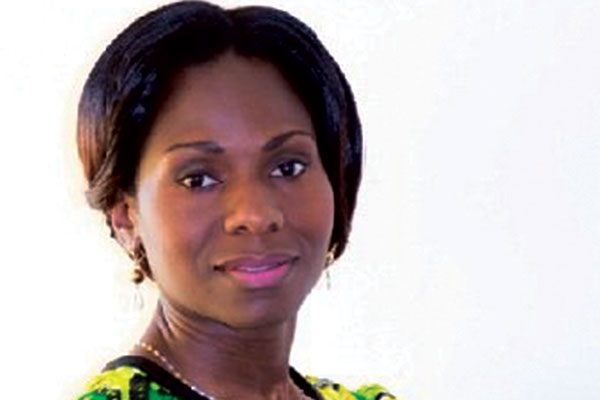
inspiration:with Cynthia C Hakutangwi
Just as we are unique and special, so are other people. We all have distinctive viewpoints that may be equally valid from where we stand. Each person’s viewpoint makes a contribution to the whole and requires consideration and respect in order to form a complete solution. This wider view can open our eyes to many more possibilities. It may require us to change the mind chatter that says: “For me to be right, others must be wrong.” Whenever we find ourselves in a conflict situation we should ask ourselves whether the situation informs or inflames us. The more that someone inflames you, angers or upsets you, the more you know you have something to learn about yourself from that person.
In previous articles on conflict resolution, we looked at how conflict presents opportunities for growth and also examined our conflict management styles. We established that whilst anger and fear are the most typical emotional responses to threat or endangerment, the tendency is to fixate attention on the source of the threat and this tends to narrow our perspective on the situation and we fail to see or explore the range of options for resolution of the conflict. In the absence of an open mind there is a tendency to focus more on removing the threat rather than dealing with the substantive issues.
Projection and the willingness to resolve Projection occurs when we see our own thoughts and feelings in the minds and behaviour of others and not in ourselves. We push something about ourselves out of our awareness and instead see it coming towards us from others. It’s very similar to film projection. The movie going on in our heads is projected out onto the people around us. Greater self-awareness is necessary if we are to see reality. To be willing to resolve, we need to acknowledge our projection. We need to consider our suppressed needs.
An example could be our failure to recognise our need for companionship and how deeply hurt we become when a friend postpones time we had planned to be together. We also need to consider unresolved personal history. An example could be where we were seriously let down as a child and we may become really wild in our adult life when people do not do what they promised. There is also need to consider unacceptable qualities within us where for example our inability to accept our own anger makes it difficult for us to accept it in others.
People’s behaviour occurs for a purpose. They are looking for ways to belong, feel significant, and self-protect. When people perceive a threat for their self-esteem, a downward spiral can begin. People can be led into obstructive behaviours in the faulty belief that this will gain them a place of belonging and significance. How we respond to their difficult behaviours can determine how entrenched these become. In this article I will outline four areas that can enable individuals and entities to broaden their perspectives as they respect and value differences.
Recognise a long-term time-frame Consider how the problem or the relationships will look over a substantial period of time. The longer timeframe can help us be more realistic about the size of the problem we presently face.
Assume a global perspective If we believe that the actions of one individual are interconnected with every other individual, then we can have a sense how our actions can have meaning in conjunction with the actions of others. We can look at the overall system, which may be the family, the organisation or the society. Consider what needs this larger unit has in order to function effectively.
- Chamisa under fire over US$120K donation
- Mavhunga puts DeMbare into Chibuku quarterfinals
- Pension funds bet on Cabora Bassa oilfields
- Councils defy govt fire tender directive
Keep Reading
Deal with resistance to the broader perspective Taking up a broader view can be scary. It may make us less certain of the rightness of our own case. We may fear that we will lose all conviction to fight for what we need. We may have to give up the security we got from the simple way we previously saw the problem. We may need courage to enter the confusion of complexity. Many fears of taking the broader perspective prove ungrounded once we analyse them carefully.
Open to the idea of changing and risk-taking By taking a broader perspective you may be confronted with the enormity of the difficulties. Identify what you can do to affect a particular problem, even if it is only a small step in the right direction. One step forward changes the dynamics and new possibilities can open up.
As you are challenged to broaden your perspectives, you will discover previously unseen possibilities for resolution. Conflict might be uncomfortable, but it produces energy. We can choose what to do with that energy. Every conflict provides the opportunity for learning, growth and enhanced relationships.
l Cynthia Chirinda is an organisational and personal development consultant, life coach, author and strategist. Looking at improving your career, personal effectiveness, communication skills, relationships, focus, faith and happiness? Wholeness Incorporated Coaching offers you strategies you can implement today to review your progress and achieve your goals. E-mail: [email protected]. LinkedIn: Cynthia Chirinda. Mobile: +263 717 013 206. Website: www.cynthiac.net.










